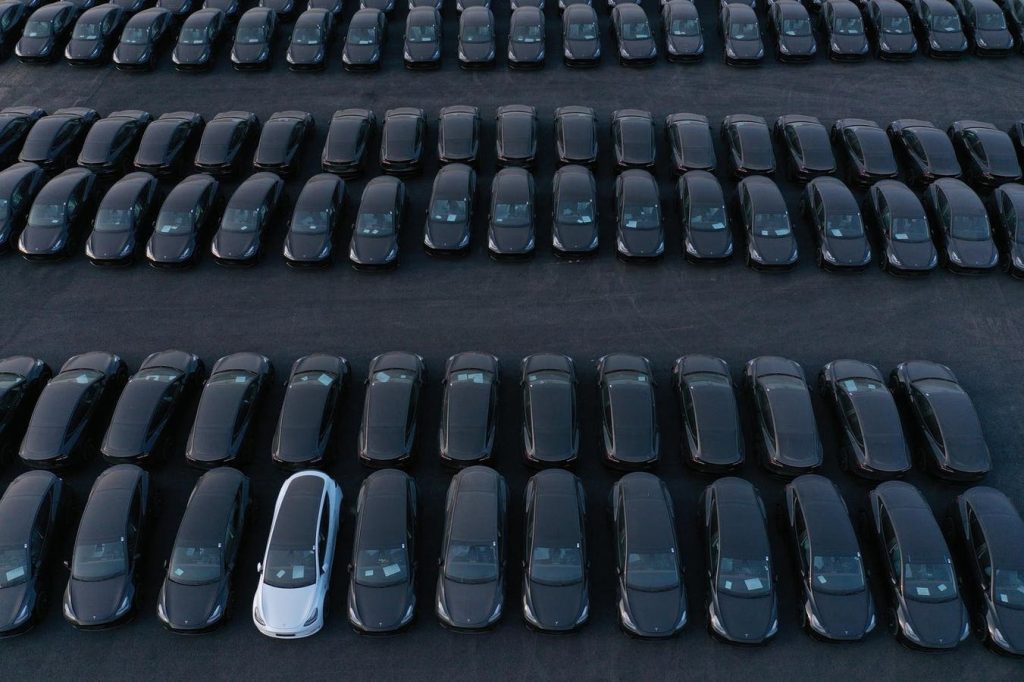The stock prices of electric vehicle makers Tesla, Rivian, and Nio are all down this year due to a drop in EV demand. Early EV adopters, who like to be the first to own new technology products, are no longer driving growth. Pragmatic EV buyers, who seek cost-effective solutions, are deterred by high EV prices, limited driving range, and long battery charging times. As a result, shares of these companies are down due to company-specific factors related to declining demand.
Tesla’s stock is down 30% due to declining shipments, high vehicle prices, lack of new products, and legal problems related to its self-driving software. Rivian’s stock is down 51% after reporting a negative gross margin as the company tries to scale enough to lower costs. Nio’s stock is down 38% due to negative gross margins and high cash burn rate, despite increased deliveries in April.
EV demand growth is slowing as early adopters have already made their purchases. Pragmatic buyers are looking for faster charging times, longer driving ranges, and lower prices before making the switch from gasoline-powered vehicles to EVs. However, challenges such as high auto loan rates, pricier EVs compared to gas-powered cars, and incomplete charging networks are hindering EV adoption.
Tesla reported disappointing earnings for the first quarter, with lower revenue, earnings per share, and free cash flow. The company also forecast slower growth for 2024. CEO Elon Musk announced plans to build less expensive EVs and received tentative approval for Tesla’s full self-driving car in China. However, Tesla faces challenges such as employee layoffs, securities fraud allegations, and difficulties in meeting consumer demands for faster charging times, longer range, and lower prices.
Rivian is losing money per car and is in talks with Apple about a potential partnership. The company posted mixed first-quarter results, with revenue up 80% but a higher than expected loss per share. Rivian is optimistic about its performance and prospects, focusing on demand generation, cost efficiency, and advancing R2 development. While discussions of a partnership with Apple have surfaced, it remains to be seen how Rivian will lower costs, launch cheaper models, and achieve profitability.
Nio reported 134% delivery growth in April and is set to launch its new 2024 ET7 executive sedan. However, the company faces fierce price competition and a high cash burn rate. With analysts predicting losses through 2025, it is uncertain how Nio will stop the cash burn or lower prices while aiming for profitability. All three companies must address the needs of pragmatic EV buyers for faster charging times, longer range, and lower prices to accelerate their growth and remain competitive in the EV market.


